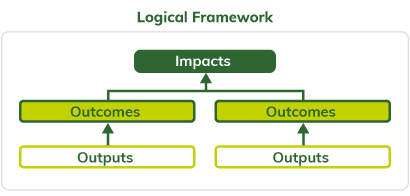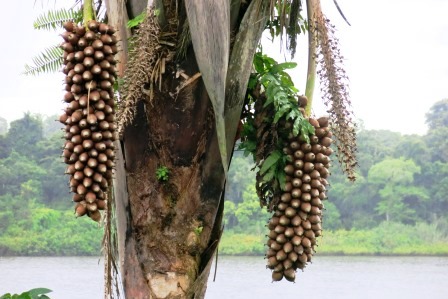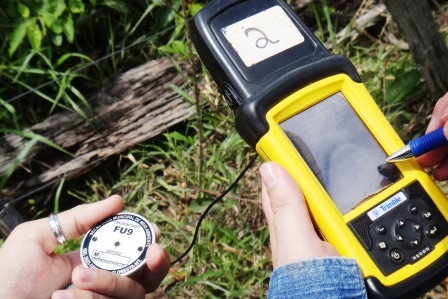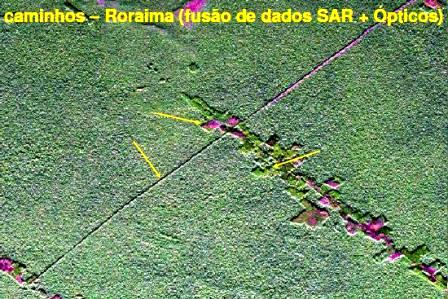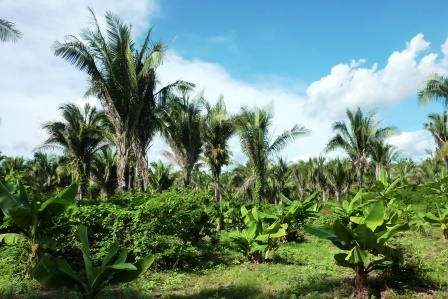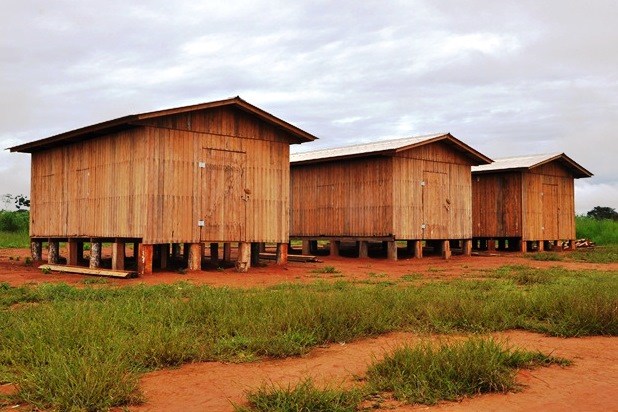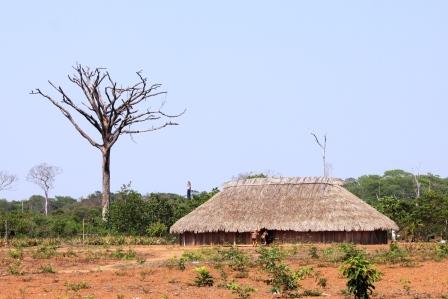CONTEXTUALIZATION
The project aims to contribute to the National Policy on Territorial and Environmental Management in Indigenous Lands - PNGATI, instituted by Decree 7,747, of June 5, 2012, supporting the elaboration and implementation of Territorial and Environmental Management Plans (PGTA) In the Indigenous Lands.
Territorial and Environmental Management Plan (PGTA) is an instrument that represents the planning, agreed by the entire indigenous community involved, of the use of its territory for cultural, environmental and economic purposes. In general, it develops around three main thematic axes - territorial protection, sustainable management and use of natural resources and training - but it should reflect the particularities of each context and the local management strategies of the indigenous territories.
In this context, the project presented by IEB comprises the activities of creating a PGTA of one Indigenous Land (IL) and of implementing a PGTA of the other seven ILs, four in the Purus River basin and three in the Madeira River basin.
The Southern Amazonas region, where the ILs are located, is among the state's areas with the worst social, economic, institutional and environmental indicators. The region, which borders Acre, Rondônia and Mato Grosso, is characterized by intense deforestation, land conflicts, violence, land grabbing and territorial expropriation of traditional and indigenous populations.
THE PROJECT
At the ILs of the Purus River basin (IL Boca do Acre, IL Apurinã Km 124 BR-317, IL Água Preta / Inari and IL Caititu) and the Madeira River basin (IL Jiahui, IL Nove de Janeiro and IL Ipixuna), the project supports the implementation of the respective Territorial and Environmental Management Plans (PGTAs), developing actions of i) Strengthening of indigenous associations, with training program for leaderships and improvement of communication and transport infrastructure of associations; ii) Control and Territorial Protection, through the training of indigenous agents in territorial protection and the carrying out of surveillance tours in the ILs; iii) Environmental management, recovery of degraded areas and water resources, including the training of environmental agents, installation and maintenance of forest nurseries, and agroforestry efforts. iv) Management and sustainable use of natural resources, with the elaboration of Agro-extractive Potential Production Diagnostic and market research for this production, as well as the provision of specialized technical assistance and installation of infrastructure for handling indigenous products; v) Monitoring the progress of deforestation in the 7 ILs from the installation of a tool system of Geographic Information Systems in the indigenous associations involved in the project and training of indigenous people to operate them.
At IL Tenharim do Igarapé Preto, the project supports actions for the preparation of its PGTA, such as awareness building and mobilization, surveys and field research and discussion, elaboration, agreement and delivery of the PGTA.
INTERVENTION LOGIC
The project falls within the "Sustainable Production" (1) and "Land Use Planning" (3) components of the Amazon Fund's Logical Framework.
Click on the following image to view its objectives tree, that is, how the project's outputs are linked to the expected outcomes and impacts.
